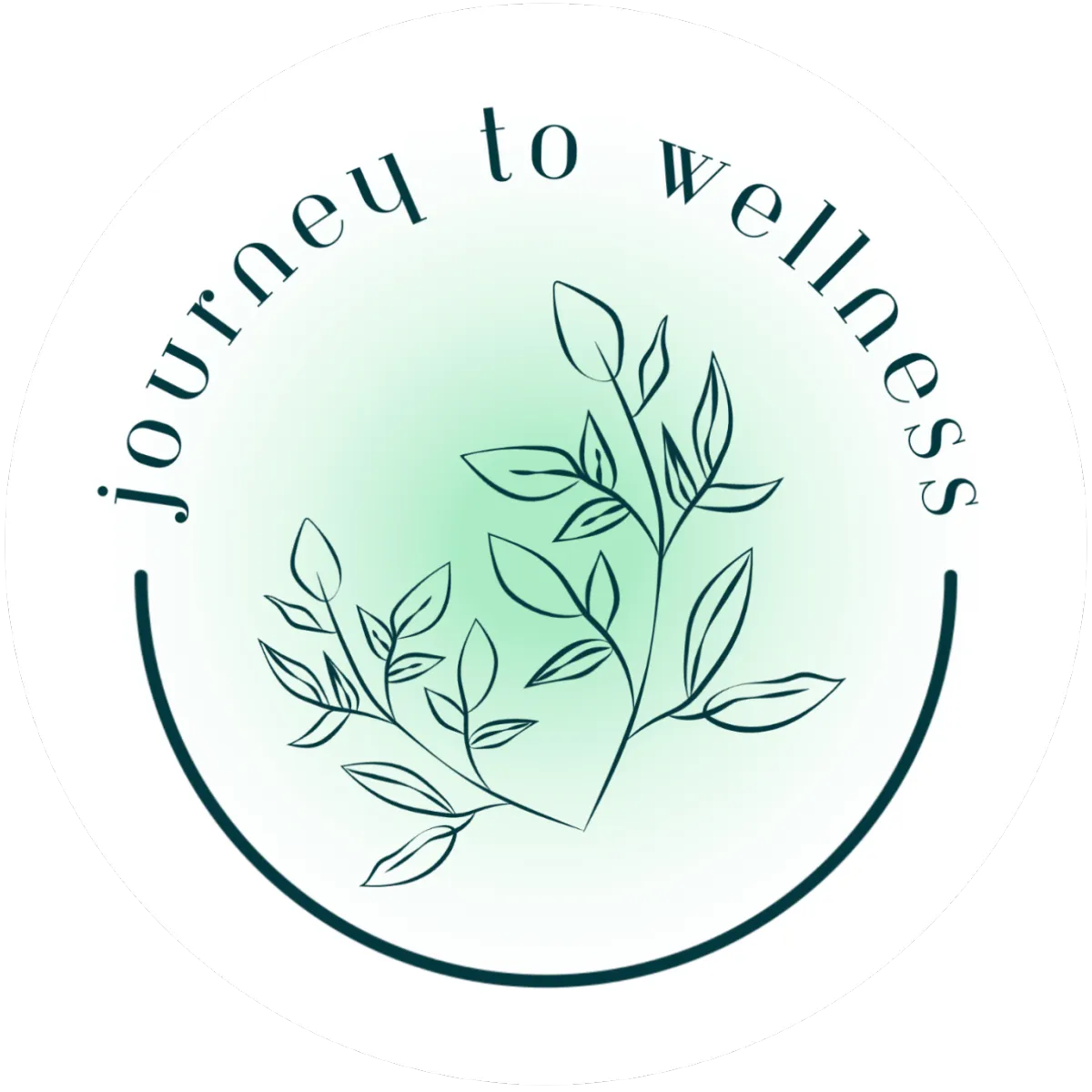Blog

Breast Cancer Awareness Through an Integrative Lens
It is October, and here in the Pacific Northwest the leaves have changed colors. Fall is officially here. October is also Breast Cancer Awareness Month, a time to think beyond pink ribbons and self-exams. Awareness alone is not enough to help women reduce their risk of breast cancer or support them through a diagnosis.
As a naturopathic physician specializing in oncology care, I work with women across the spectrum: those aiming to reduce cancer risk due to family history, those actively undergoing treatment, and those in remission seeking to stay well. There is more that can be done beyond monthly self-breast exams and yearly mammograms.
Beyond Awareness: What an Integrative Lens Means
Traditional breast cancer awareness focuses on mammograms and early detection. These are important tools, but they are not the whole picture. An integrative approach looks at the whole person, including biology, environment, lifestyle, and emotional health.
Think of your body as a garden. Cancer cells are like weeds. Weeds pop up in every garden, but they only overtake the space when the soil is depleted. The terrain of your body is vital. When nourished and cared for, it helps keep weeds under control. This is the essence of the terrain theory. A healthy body environment supports resilience against cancer development and recurrence.
Lifestyle Tools for Remission Support
Nutrition & Nourishment
Diet plays a key role in reducing both breast cancer risk and recurrence. While there is no one-size-fits-all plan, certain approaches benefit nearly everyone. Eating lean proteins such as fish, poultry, and legumes supports overall health. Healthy plant-based fats, including avocado, nuts, seeds, and olive oil, provide essential nutrients. Cruciferous vegetables such as broccoli, cauliflower, and kale, along with colorful fruits and vegetables, help reduce inflammation and oxidative stress. Reducing alcohol, sugar, and ultra-processed foods also supports long-term health.
Fiber and phytonutrients deserve special attention. Women should aim for 21 to 25 grams of fiber per day depending on age. Fiber supports estrogen metabolism, helping the body eliminate estrogen and its metabolites. As my medical school nutrition professor used to say, “Fiber is nature’s broom.” Phytonutrients like sulforaphanes, found in cruciferous vegetables, help the liver detoxify hormones, including estrogen. Polyphenols, found in fruits and vegetables, decrease systemic inflammation and oxidative stress, both of which can influence cancer risk.
Movement & Strength
Regular physical activity not only reduces cancer risk but also lowers the risk of recurrence. According to Cancer.gov, women who engage in regular exercise have up to 21 percent lower risk of developing breast cancer (1). For those in remission, physical activity can reduce recurrence risk by 16 to 18 percent (2). Exercise also supports mood, stress balance, bone density, and immune function. There is no single best type of exercise. It is best to include a mix of strength training, cardiovascular activity, and flexibility work for overall health.
Stress & Emotional Resilience
Chronic stress impacts the immune system, inflammation, and hormones. With chronic stress, our body is stuck in fight or flight mode, thinking it either needs to fight or run away from a wild animal. This can disrupt normal immune system function, hormone production, and inflammation balance. Stress management and rest are often underestimated but are powerful tools in reducing cancer risk and supporting recovery.
Sleep & Circadian Rhythm
Sleep is a cornerstone of health. It influences immune function and hormone production. Poor sleep can allow cancer cells to evade the immune system and affect hormones such as glucose, melatonin, and cortisol. A simple step is to minimize blue light exposure at least one hour before bed to support natural circadian rhythms and restful sleep.
Gut & Microbiome Support
The gut microbiome plays a critical role in regulating the immune system and estrogen through the estrobolome. The estrobolome is a collection of gut bacteria that support hormone balance. A balanced gut helps train the immune system, ensuring it responds appropriately. If the immune system is underachieve, the body may not detect or eliminate cancer cells, viruses, or other pathogens effectively. If it is overactive, it can attack healthy tissue, which is what occurs in autoimmune conditions. Dysregulation in the gut can also lead to estrogen dominance, increasing the risk for hormone-sensitive cancers and other conditions such as PMS, PCOS, and uterine fibroids. Supporting gut health with fiber and fermented foods can improve microbiome balance, optimize estrogen metabolism, and strengthen overall resilience.
Holistic Monitoring & Collaboration
Whether reducing breast cancer risk or supporting remission, regular visits with your conventional care team are essential. They may include mammograms, labs, and oncology check-ins. Integrative care adds layers of support, including nutrient balance, functional labs like stool and hormone testing, thermography, and energy level monitoring. Health is a team effort. For patients in remission, the team often includes a medical oncologist, a naturopathic doctor trained in oncology care, and the patient working collaboratively.
Takeaway
Breast Cancer Awareness Month is about more than thinking pinkfor the month of October. It is about empowering women to reduce their risk of breast cancer and recurrence. Integrative support provides women with tools to feel confident and proactive in their health and healing journeys. If you are ready to explore integrative support for breast cancer risk reduction or remission, learn more about working with me here. Whole-body support can make all the difference.
1. Physical activity and cancer fact sheet. Fact Sheet - NCI. (n.d.). https://www.cancer.gov/about-cancer/causes-prevention/risk/obesity/physical-activity-fact-sheet
2. Noelia Zagalaz-Anula, María José Mora-Rubio, Esteban Obrero-Gaitán, Rafael Del-Pino-Casado, Recreational physical activity reduces breast cancer recurrence in female survivors of breast cancer: A meta-analysis, European Journal of Oncology Nursing, Volume 59, 2022, 102162, ISSN 1462-3889, https://doi.org/10.1016/j.ejon.2022.102162.

